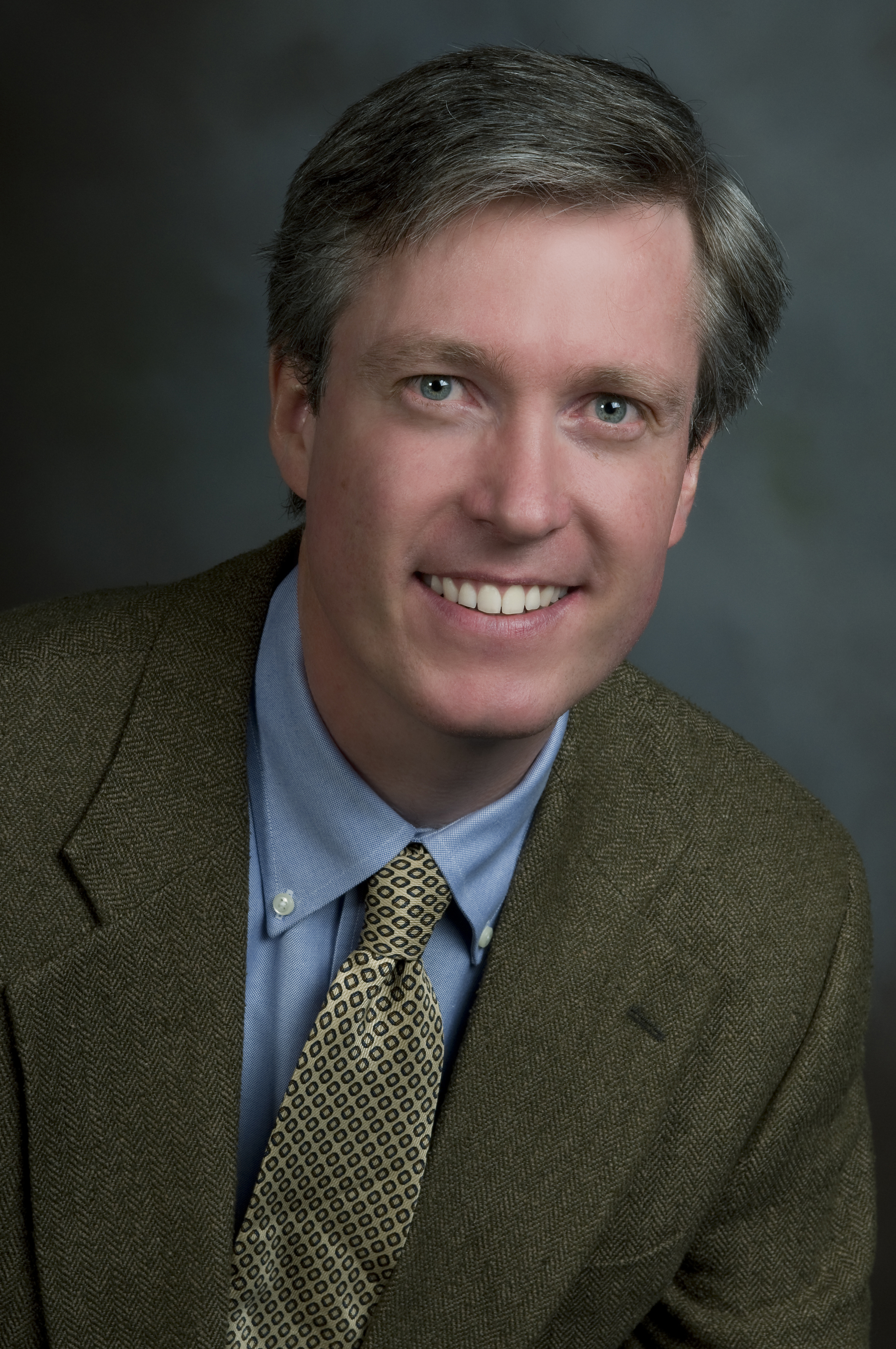Virginia Tech researcher to study inter-hemispheric space weather connections

Joseph Baker, assistant professor and Steven O. Lane Junior Faculty Fellow of Electrical and Computer Engineering in Virginia Tech’s Bradley Department of Electrical and Computer Engineering, will use a five-year $480,000 National Science Foundation Faculty Early Career Development (CAREER) Award to study inter-hemispheric space weather connections.
Space weather, said Baker, refers to dynamics in the near-Earth space environment that can have serious impacts on technological systems such as satellites, electrical power grids, global positioning systems, and communication networks such as cell phones and the like. Many of these influences are manifested in the “ionosphere”, the electrically charged component of the Earth’s upper atmosphere.
Baker will use simultaneous measurements from Super Dual Auroral Radar Network, or SuperDARN for short, radars in both the hemispheres to investigate the inter-hemispheric magnetic conjugacy of ionospheric irregularities and plasma convection. Conjugacy, in this context, refers to the generally similar ionospheric conditions in both polar regions produced by the fact that the Earth’s magnetic field has a symmetric shape, similar to a bar magnet.
Specifically, Baker and his research team will look at the extent to which space weather disturbances produce similar perturbations in the northern and southern ionospheres.
Virginia Tech’s College of Engineering, of which Baker is a part, has a strong relationship with the international SuperDARN collaboration, which involves scientists and engineers from more than a dozen countries. More than two dozen radars are operational at the present time, transmitting continuously on frequencies between 8 MegaHertz to 20 MegaHertz. Collectively, the network provides instantaneous maps of plasma convection in the Earth’s ionosphere at middle to high latitudes.
Virginia Tech’s SuperDARN group operates five SuperDARN radars in Canada and the United States, and is involved in ongoing efforts to build several more such installations. Scientists and government agencies around the world routinely use SuperDARN data to investigate the many effects of space weather and monitor conditions in real-time.
Baker’s plan of attack will use both statistical and case-study radar data analysis from the past 20 years using simultaneous data collected by northern and southern hemisphere radars in the auroral and mid-latitude regions.
“The study is overdue in the sense that the SuperDARN database has been under-utilized for analysis of inter-hemispheric conjugacy,” he said in his research proposal. “The statistical analysis of conjugacy in the auroral zone will use data covering more than a full solar cycle.”
The research effort has further impacts closer to home, said Baker. The CAREER grant project dovetails with a new interdisciplinary remote sensing graduate degree program within the College of Engineering, and also will provide research opportunities for undergraduate students within the college.
Additionally, Baker is planning for hands-on activities focused on inter-hemispheric space weather phenomena designed to pique the interest of undergraduates and pre-college – that is, high school -- students attending summer camps organized by the college’s Center for the Enhancement of Engineering Diversity.
In one educational scenario, Baker said camp attendees will be given hand-held radio receiver equipment to search for natural very-low frequency signals, such as sferics, tweeks, and whistlers. Undergraduate students will be employed as teaching assistants for the summer camps.
Baker earned his bachelor of science degree in physics from the University of New England, Australia, in 1992, and a doctoral degree from the University of Michigan in 2001.
The CAREER grant is the National Science Foundation’s most prestigious award, given to creative junior faculty likely considered to become academic leaders of the future. He is the third faculty member within the electrical and computer engineering department to win a CAREER Award during the past two years, following Yaling Yang and Chao Wang.



.jpg.transform/m-medium/image.jpg)
